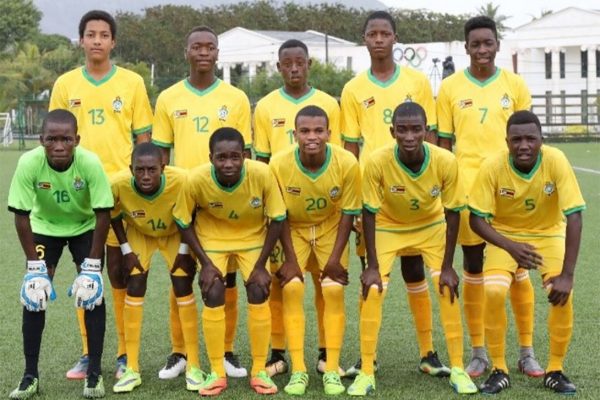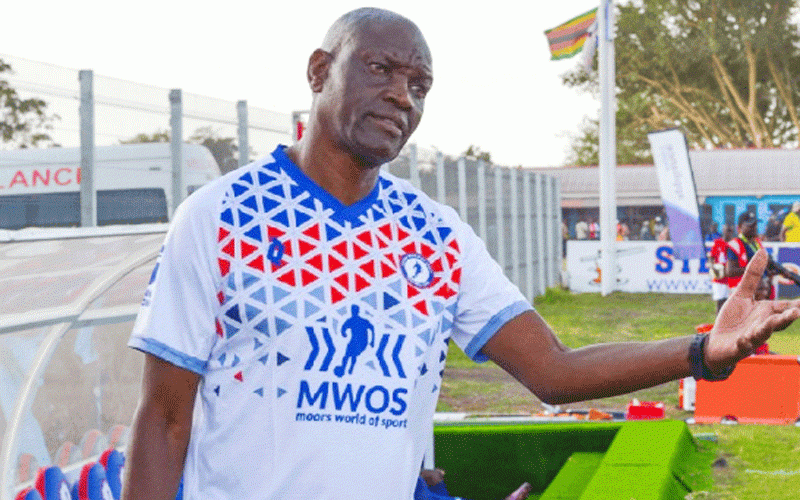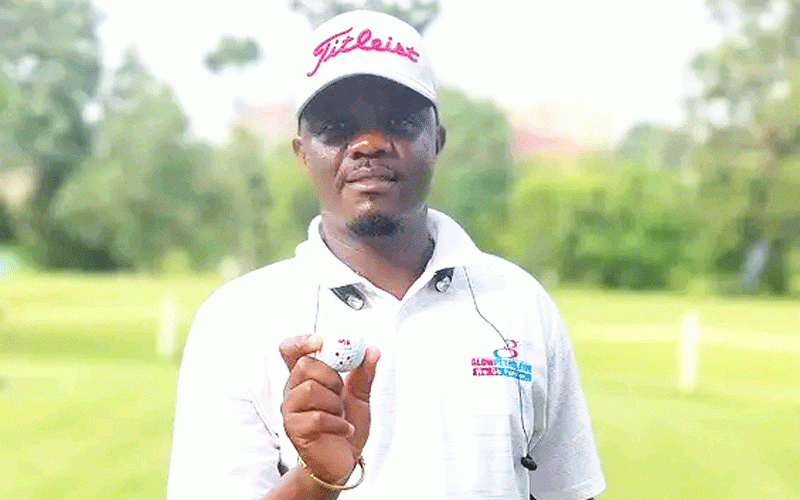
IN two consecutive years, the Zimbabwe Under-17 football team has failed to win a single match at the Cosafa Under-17 Championships.
BY MUNYARADZI MADZOKERE/MICHAEL KARIATI
This year the Young Warriors, who are coached by Tafadzwa Mashiri, lost to Angola, Malawi and Swaziland, managing only three goals and conceding eight, and finished bottom on the standings in Mauritius.
Moses Chunga, who was in charge last year, suffered the same fate, losing all the three group matches, managing one and conceding eight goals.
This year, the Young Warriors were competing against Malawi, Mauritius and Botswana.
What is worrying about the Young Warriors’ performance is the margin of their defeats in a regional tournament that is made up of some of the weakest footballing nations on the continent.
Even more worrying is the fact that the Under-20 and the Under-23 sides have not fared any better, failing to go beyond the first round of the qualifying stages of the Africa Youth Championships, while junior women’s national teams have virtually been non-existent.
The Phillip Chiyangwa-led Zifa executive seems to lack interest in junior football and, strangely in his first task as president, the flamboyant businessman withdrew the junior teams from international competition.
- Chamisa under fire over US$120K donation
- Mavhunga puts DeMbare into Chibuku quarterfinals
- Pension funds bet on Cabora Bassa oilfields
- Councils defy govt fire tender directive
Keep Reading
Former Warriors wingback Stanley Chirambadare did not have kind words for the Zifa leadership.
“I think we have stupid people up there. I don’t know why it is in football alone where people who are clueless are allowed to lead,” said Chirambadare.
“Our problems are not about talent because it is plentiful but a leadership problem.
“There is a lot of wrong in our football. I have always said that football needs a syllabus in schools so that it can be played more in schools, not just one term.
“Former footballers should also coach football in schools rather than to have History teachers destroy the talent of children.
“We also have a technical director who denies people who played football to coach football at the highest level even in the Premier League because they don’t have qualifications.”
Chirambadare also expressed displeasure at the selection process for the current Under-17 team.
“How do you have a team without fair selection? I know a woman whose son did not go to Mauritius because she didn’t have money to pay the coaches and we expect to develop junior football?” he said.
“We have resorted to using over-age players who are embarrassing us at the regional stage.
“Other countries don’t use over-age players, but they look for big players and develop them, but we then think they use over-age players and resort to such tricks.”
What is happening in junior football is not surprising, considering Chiyangwa did not even have a clear plan for junior football.
“Development of comprehensive soccer structures from the grassroots level and promotion of competitive corporate sponsorship for the Premier Soccer League, the First, Second and Third divisions, the reserve league, as well as Social Soccer League,” Chiyangwa said in the manifesto that ushered him into power.
What has now become very clear is that the Warriors could soon find themselves in the same free-for-fall as the struggling Under-17, Under-20, and Under-23 teams that are supposed to feed the Warriors.
In simple terms, the country’s junior football is in crisis without even a league.
The Under-17 team is supposed to graduate into the Under 20, then Under 23 sides and ultimately to the the Warriors — a system that has been successful in countries such as Germany and Zambia.
The Young Warriors’ preparations were shambolic, with Mashiri only afforded a few days in camp with the team before flying out for the tournament.











